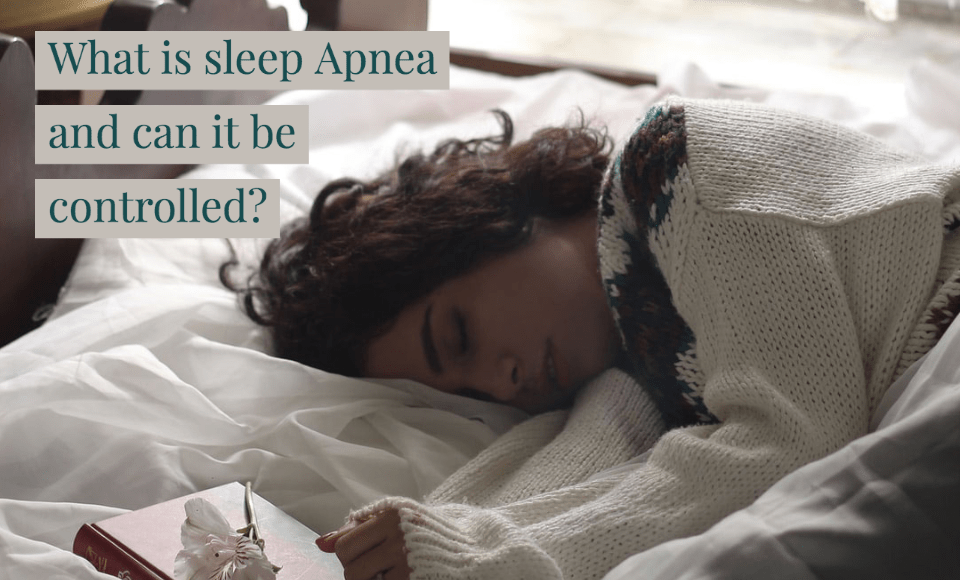What is sleep apnea and how do you control sleep apnea? Sleep apnea is a disorder where someone has short periods of pauses during breathing, or even short breaths while sleeping. Pauses during breathing can last only a few seconds to a few minutes. Sleep apnea can occur five to thirty times in one day. Depending on the severity of the sleep apnea, the pauses of breathing while sleeping may occur more often.
Sleep apnea can disrupt the way someone sleeps, leaving them feeling tired and worn out the next day. This is because when you stop or have shallow breathing you move from deep sleep to a light sleep pattern.
People with sleep apnea do not realize they have it until a doctor diagnoses them. This is because sleep apnea occurs while you sleep and you are not aware that it happens.
What is sleep apnea?
One of the most common forms of sleep apnea is obstructive sleep apnea. Obstructive sleep apnea means the airway is collapsed or blocked while you sleep. Air that passes around the blockage causes you to snore and makes it difficult for someone sleeping beside you to get rest. If someone you know has excessive snoring, tell him or her about it and suggest he or she see a doctor for obstructive sleep apnea.
Obstructive sleep apnea occurs more in people who are overweight. However, obstructive sleep apnea can occur in anyone including children.
Another form of sleep apnea is central sleep apnea. Snoring does not usually occur with central sleep apnea. It usually happens with obstructive sleep apnea, but it can happen alone.
What happens if you have untreated sleep apnea?
If sleep apnea is left untreated, you may have an increase in high blood pressure, stroke, obesity, diabetes, and heart attack. By leaving sleep apnea untreated you also run the risk of it becoming worse and having heart failure. Irregular heartbeats or arrhythmias are likely to occur more often. Leaving sleep apnea untreated also runs the risk of having a driving or work-related accident due to lack of a good night’s sleep.
Ways to control sleep apnea
There are many ways to control sleep apnea because after all, it will take long care management to control sleep apnea. One way to control sleep apnea is lifestyle changes. Change the way you do things. Get more rest and visit the doctor for regular check-ups. Breathing devices that force you to breathe while you are sleeping is another option you can consider. Talk to your doctor about this form of treatment for sleep apnea and consider investing in a mattress that’s best for side sleeper to incourage a safer sleeping position.
For more information on causes and symptoms of sleep apnea these articles may be helpful:

